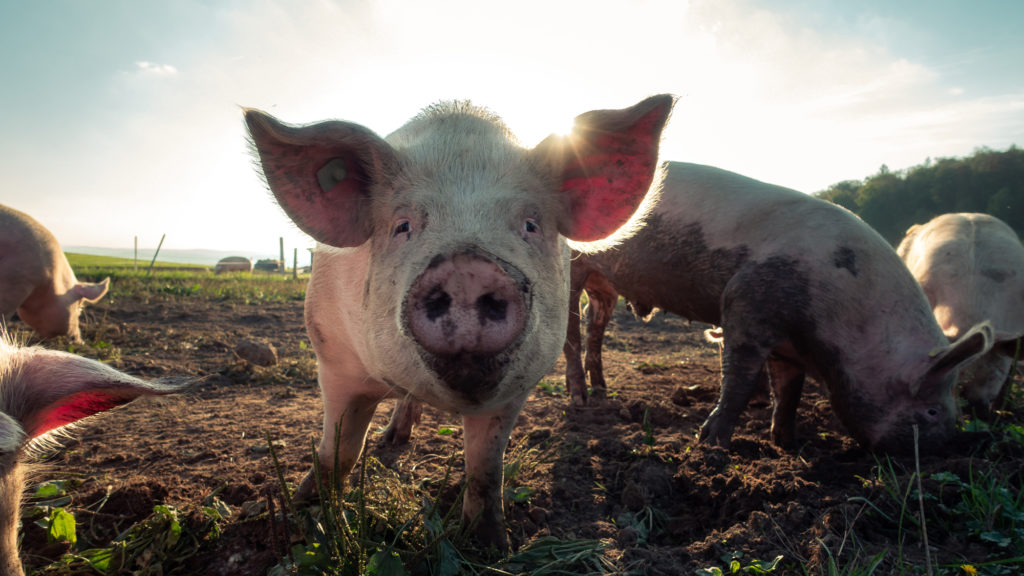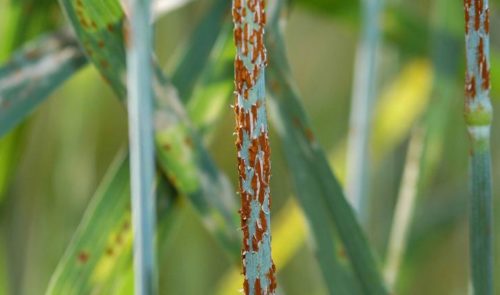
Globally, pig meat is the second most consumed individual animal protein after poultry – a reality that drives intensive farming practices and supports the emergence and spread of infectious diseases.
The bacterium Glaesserella parasuis (formerly known as Hemophilus parasuis) is one of the leading causes of pig mortality and morbidity worldwide. Catastrophic disease outbreaks can occur when pig populations with different variants of the pathogen are mixed.
Research undertaken at the University of Cambridge led to a test which substantially improves the ability to identify circulating variants.
The test, a multiplex polymerase chain reaction (PCR), is fast, simple and transferable to molecular diagnostic laboratories with basic equipment. It allows more effective targeting of vaccination to control outbreaks and better-informed pig flows to prevent spread and minimise the use of antibiotic treatment.
The test is being used by a US-based pig producer that also operates in China and Mexico to inform management and vaccination strategies for their 365,000 sows.
As secondary impact to the improvement in pig health, the test has generated commercial revenues of €35,200 for a partner in Germany, and is also available as a diagnostic in Canada, China and the USA.
The lab has also helped laboratories from Chile, Mexico and Colombia to use the test for research purposes.
“[The test] has been an incredible advancement in science and it has significantly helped the swine industry.”
– Testimonial from diagnostic services, University of Montreal
In addition to improving disease surveillance, the researchers identified the need for improved herd management ‘on the ground’ in areas of intensive pig farming where disease is prevalent. This is especially important in lower and middle income countries where demand for pig meat, and subsequent intensification, moves ahead of sufficient capacity for appropriate management, surveillance and disease control.
The team, partnering with the Institute of Development Studies (UK), University of Oxford Clinical Research Unit (Vietnam) and Myanmar Livestock Breeding and Veterinary Department (Myanmar), established the Myanmar Pig Partnership, and launched two pilot initiatives in 2019: Farm Management Workshops (FMW) and Veterinary Advisory Visits (VAV).
The workshops complemented each other by combining participatory/experiential approaches (FMW) with farm-tailored VAV, bringing together local farmers with a facilitator to improve understanding and provide practical advice on the nutrition, disease (including zoonoses) and profitability of pig herds.
Adopting a One Health approach is key. Limiting the spread of diseases that affect pig health, crucial to farmers, also limits the spread of less-recognised human pathogens which use the same transmission pathways.
The workshops led to improved practice: farmers now change footwear before entering pig pens and have increased hygiene measures and entire villages have also restricted trader vehicle access on their farms. The success of the workshops was incorporated into a Facebook strategy to increase the reach of the scheme and build on this shared learning.
In parallel, the project partners, working with the Myanmar government’s Livestock Breeding and Veterinary Department before government change in 2021, piloted capacity building for the first robust framework for routine surveillance of antimicrobial resistance in livestock, supporting the Myanmar National Action Plan for antimicrobial resistance. The project generated data that directly underpinned new regulation of antimicrobials use in Myanmar livestock feeds in 2020, including a ban on routine inclusion of high priority antimicrobials.


